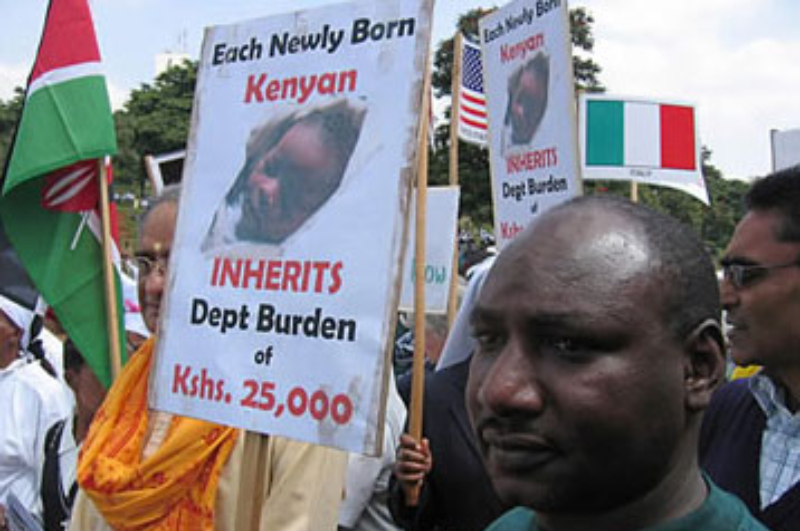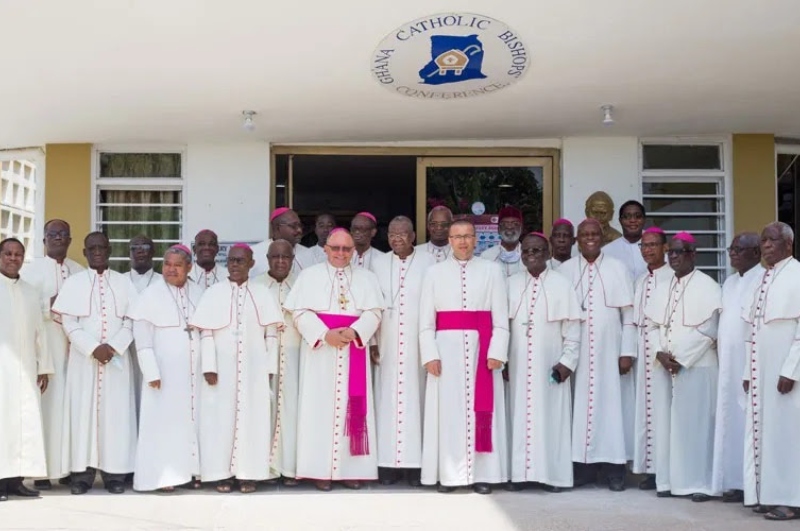

The ongoing IMF and World Bank Annual Meetings in the scenic city of Marrakesh, Morocco, have brought to light crucial insights regarding the state of financial affairs in high-risk countries, predominantly from Africa.
The International Monetary Fund (IMF) has clarified that, contrary to widespread beliefs, these nations are not undergoing the kind of systemic debt crisis reminiscent of the pre-Heavily Indebted Poor Countries (HIPC) times witnessed in the late '80s and early '90s. Chuku Chuku, a distinguished economist at the IMF, elucidated this morning, “While solvency and liquidity indicators in most Low-Income Countries (LICs) have seen a decline in recent years, they are still notably better than the figures from the eve of the HIPC in the mid-1990s.”
However, the IMF remains concerned about the future. If current trajectories persist, LICs might be on the brink of experiencing debt vulnerabilities akin to those before the HIPC era, especially in the medium to long term. With it being a quarter-century since the initiation of the HIPC debt relief, there's mounting anxiety as many LICs seem to be grappling with escalating debt vulnerabilities once again.
In today's context, the creditor environment's complexity has surged, creating coordination hurdles. Addressing this, the need for dual policy interventions was highlighted. At the national level, prompt economic reforms are imperative for countries to alleviate their existing debt burdens. Emphasis was also laid on sidestepping detrimental debts and curtailing corruption that leads to the squandering of borrowed funds and ramping up domestic resource mobilisation. It's crucial to note that currently, domestic resource mobilisation in LICs averages a mere 15% of GDP, which is significantly overshadowed by their financing needs that go beyond 27% of GDP.
The role of international financial institutions and the global creditor community cannot be downplayed. They must join forces to slash financing costs and back debt restructuring on an individual basis. This should also include suspension of debt servicing obligations during crisis times. The broader international community also has a part to play, with increased efforts to streamline debt restructuring processes, embracing frameworks like the G20 Common Framework, ensuring that nations receive the debt relief they direly need, promptly and efficiently. Additionally, there's an urgency for availing more long-term concessional financing.
Yet, as the Jesuit Justice and Ecology Network - Africa (JENA) staunchly asserts, more profound systemic changes are warranted. The spotlight needs to be on revamping the international financial structure that inadvertently promotes tax evasion and avoidance. African nations incur losses exceeding $80 billion annually due to these malpractices - funds that could be pivotal for poverty eradication in the continent. If we aim to holistically and systemically tackle the debt challenge, then a greater emphasis on financial justice is non-negotiable.
For more updates on the meeting and further insights, stay tuned to JENA's official channels.
Related Articles
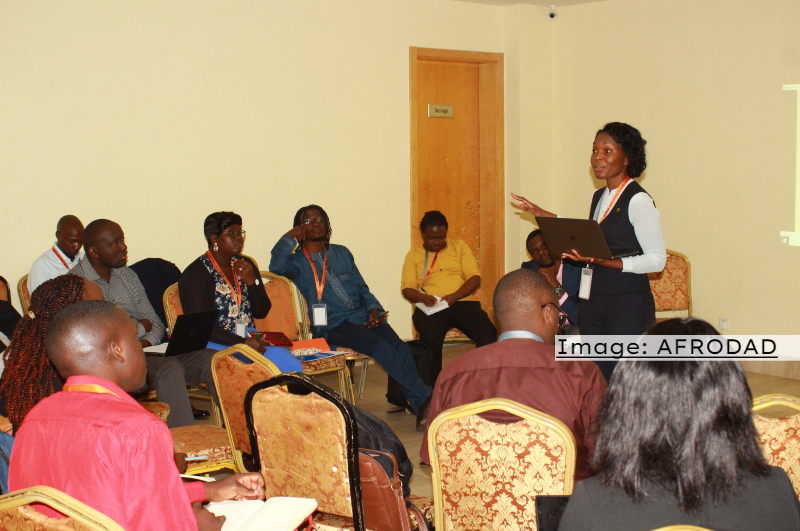
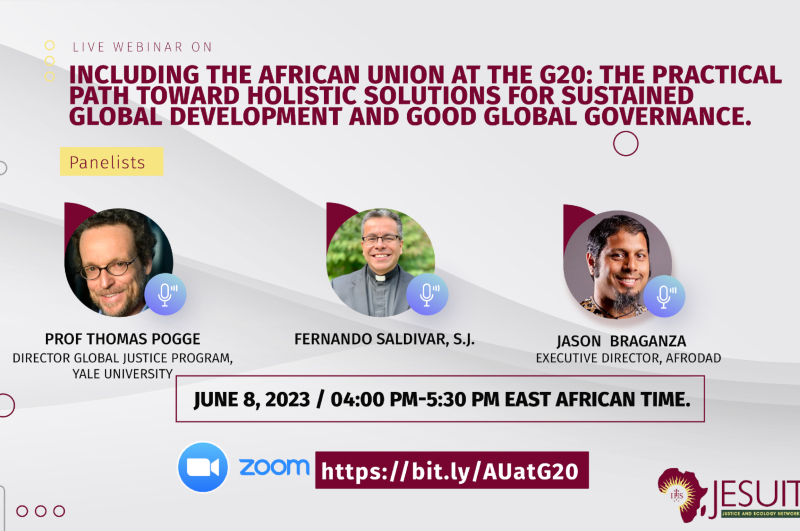
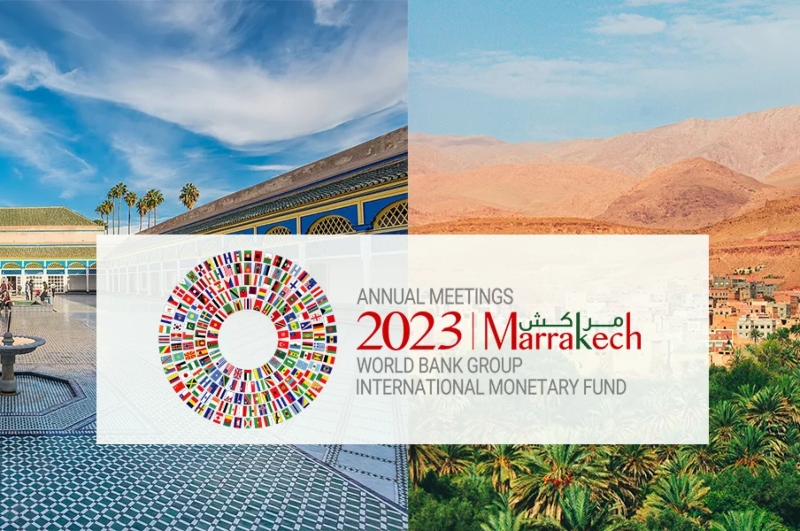
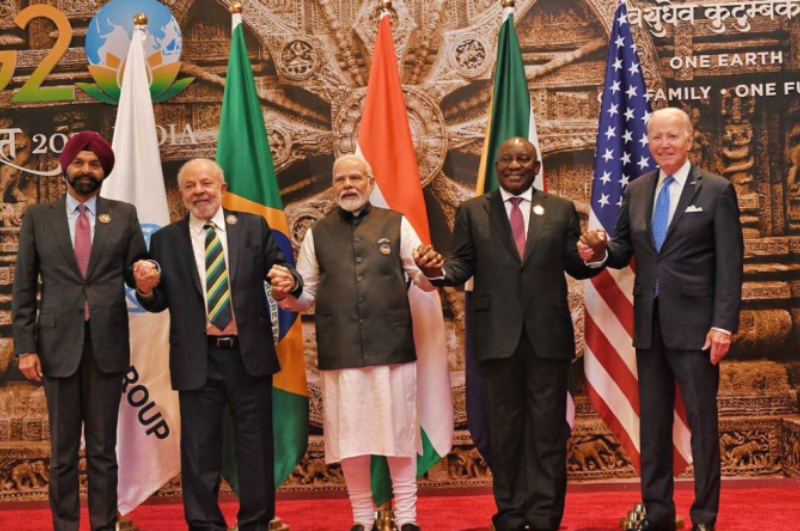
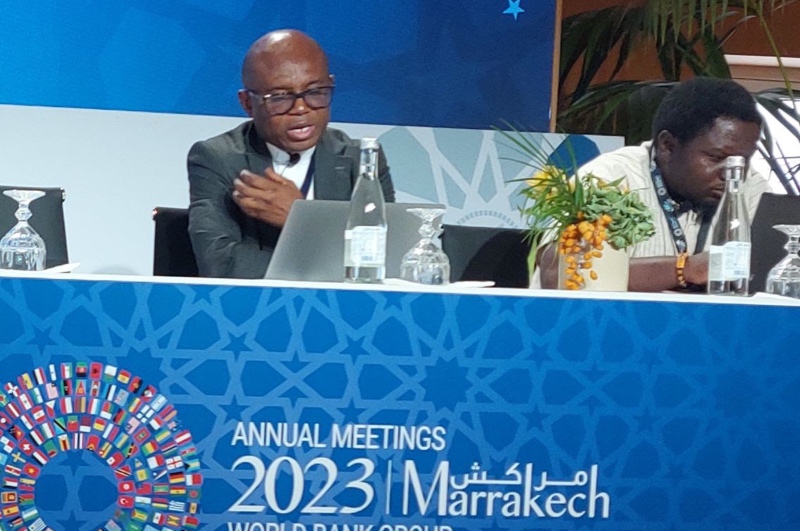
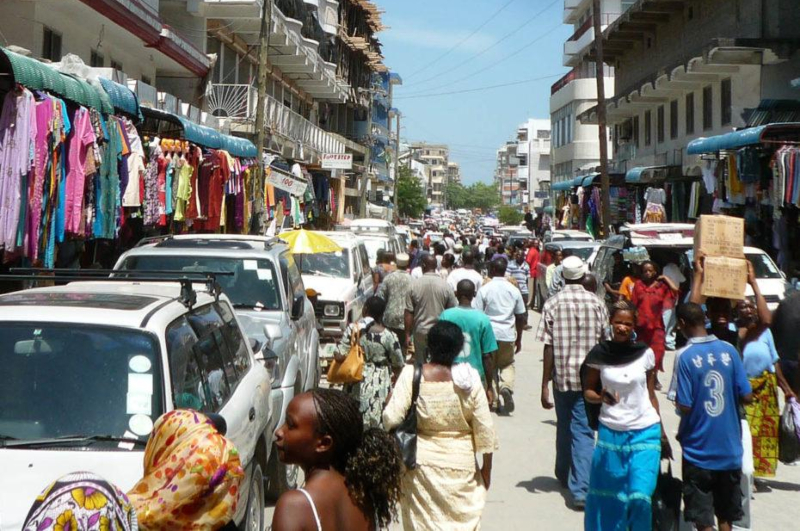
Select Payment Method
Pay by bank transfer
If you wish to make a donation by direct bank transfer please contact Fr Paul Hamill SJ treasurer@jesuits.africa. Fr Paul will get in touch with you about the best method of transfer for you and share account details with you. Donations can be one-off gifts or of any frequency; for example, you might wish to become a regular monthly donor of small amounts; that sort of reliable income can allow for very welcome forward planning in the development of the Society’s works in Africa and Madagascar.
Often it is easier to send a donation to an office within your own country and Fr Paul can advise on how that might be done. In some countries this kind of giving can also be recognised for tax relief and the necessary receipts will be issued.


